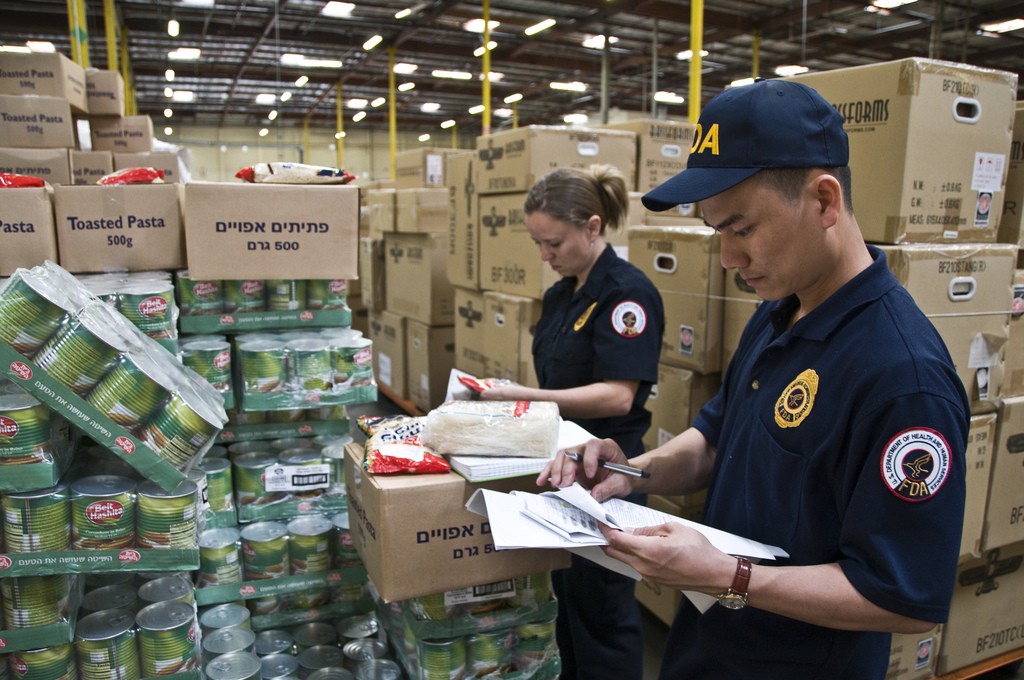Gone are the days when it was possible to set up a catering business on a whim. Nowadays there are strict regulations governing health, hygiene and food safety, and a failure to pay attention to the small print can see a business forced to cease trading. This applies whether you are a large restaurant or a small roadside stall, so don’t think that the rules don’t apply to you just because you’re a one-man (or one-woman) band.
Just a couple of generations ago most food was locally sourced, with livestock raised naturally on farmland. The rise in supermarkets and air travel means that the food we eat is routinely sourced from many miles away – often from halfway around the world, leaving consumers potentially exposed to harmful bacteria and pesticides that can cause extreme sickness if ingested.
Campylobacter Concerns
Livestock tends not be reared under traditional methods, and the huge increase in factory farming, such as raising chickens in huge numbers in artificial conditions, has led to a massive increase in bugs that can have severe implications for human health. We are constantly bombarded with instructions for handling and cooking chickens thanks to the widespread campylobacter bacteria which is to be found in most chickens found for sale in this country. Only cooking chicken thoroughly to the correct temperature destroys the bacteria, as reported on the Food Standards Agency website.
Temperature Controls
It’s not just chickens that you have to take care with. Many foods need to be stored within specific temperature ranges in order to maintain their freshness. Every caterer, no matter how small the business, needs to have a good understanding of temperature controls for the storage and cooking of foods, to ensure that bacteria are unable to multiply to dangerous levels.
Check that your refrigeration, freezing and cooking appliances are operating at the correct levels, and don’t just assume that all is well. If your equipment is old, out-of-date or faulty, check out catering supplies websites such as 247cateringsupplies.co.uk. All equipment will be up to spec on current guidelines and could save you a fortune in the long run.
Hygiene Issues
It goes without saying that you should wash your hands before touching any food products, keep separate equipment for handling raw and cooked meats, and keep all work surfaces scrupulously clean at all times. Make sure that you and your staff undergo appropriate training and receive certification to prove that you understand the issues involved in food handling and preparation.
The Food Standards Agency offers a helpful free online resource for commercial caterers which everyone involved in catering should read carefully. Print out a copy and familiarise yourself with the information it contains, and you will ensure that your business keeps within the letter of the law.
This is particularly important, as a failure to comply could not only see your business closed down, but could also lead to illness – and even fatalities – among your customers. They say that no publicity is bad publicity, but this is certainly not true of catering establishments, where notoriety for bad hygiene is the kiss of death to future prospects.
